
Can You Use Latex Gloves to Dye Hair?
The Importance of Gloves in Hair Dyeing When it comes to hair dyeing, the importance of wearing gloves cannot be overstated. Many people wonder, “Can


Laboratories are an integral part of scientific research and experimentation, making safety a top priority. When working in a lab, it is crucial to protect yourself from potential hazards and contaminants. One essential safety measure is wearing the right lab gloves. These specialized gloves not only safeguard your hands but also prevent cross-contamination and maintain the integrity of your experiments. In this guide, we will discuss some things you need to know about lab gloves and how to choose the right ones for your laboratory use.
Lab gloves are an essential safety equipment used by scientists, lab technicians, and researchers in various fields, including chemistry, biology, and medicine. They are designed to provide protection against chemicals, biological material, and other potentially harmful substances found in laboratories. Lab gloves are made from different materials such as latex, nitrile, or vinyl. Each material has its own benefits and limitations, making it crucial to choose the right gloves for the specific tasks in the laboratory.
The primary purpose of lab gloves is to protect the wearer from hazardous substances and prevent cross-contamination. These gloves act as a barrier between the hands and potential hazards, such as chemicals, bacteria, and viruses. Additionally, lab gloves provide an extra layer of protection in case of spills or accidents. They also promote good hygiene practices by preventing direct contact with substances that could potentially harm the user or others in the lab.
Nitrile gloves are a popular choice for laboratory use due to their chemical resistance and durability. They are made from a synthetic rubber material that offers excellent protection against a wide range of chemicals, including acids and solvents. Nitrile gloves are also puncture-resistant, making them ideal for tasks that require handling sharp objects. These gloves are also latex-free, making them a suitable option for those with latex allergies. Overall, nitrile gloves provide a comfortable and reliable option for laboratory use.
When it comes to lab gloves, one size does not fit all. It is essential to choose the right fit, as gloves that are too large or too small can compromise their effectiveness. Loose-fitting gloves can cause slips, making it challenging to handle delicate equipment and objects. On the other hand, tight-fitting gloves can cause discomfort and reduce dexterity, making it difficult to perform tasks accurately. It is recommended to try on different sizes and brands to determine the right fit for your hands.
To ensure the best protection and hygiene, it is crucial to follow best practices when using lab gloves. Before putting on gloves, it is essential to wash your hands thoroughly to remove any contaminants. Inspect the gloves for tears or punctures before wearing them. Once worn, avoid touching your face or any surfaces that are not part of the experiment. After use, remove the gloves carefully, dispose of them properly, and wash your hands again.
Safety is paramount in laboratory settings, and choosing the right lab gloves is a vital step in protecting yourself and others. Nitrile gloves are a popular choice for their durability and chemical resistance, making them an ideal option for laboratory use. Remember to choose the right fit, and follow proper usage and disposal practices to maintain safety and hygiene. With these measures in place, you can confidently conduct experiments and research without worrying about potential hazards. Invest in the right lab gloves and prioritize safety in your laboratory.

The Importance of Gloves in Hair Dyeing When it comes to hair dyeing, the importance of wearing gloves cannot be overstated. Many people wonder, “Can
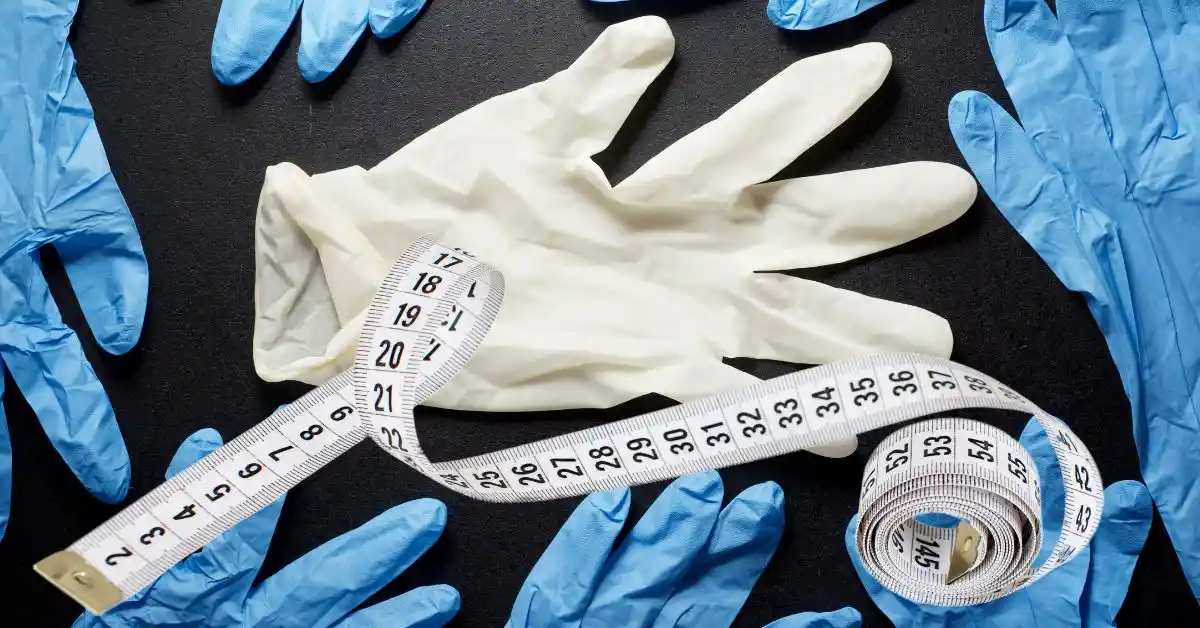
Understanding Glove Sizes: How Are They Measured? When it comes to finding the perfect pair of gloves, understanding glove sizes is crucial. You might be
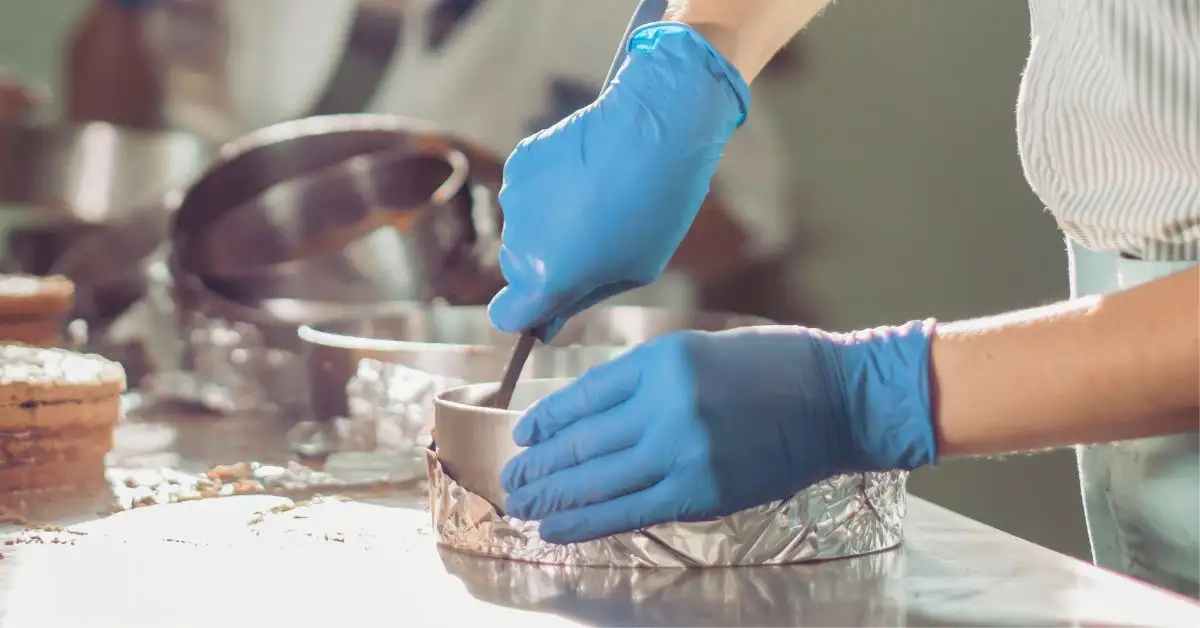
Key Differences Between Nitrile and Latex Gloves for Culinary Use In the culinary realm, selecting between nitrile and latex gloves is vital to maintain safety
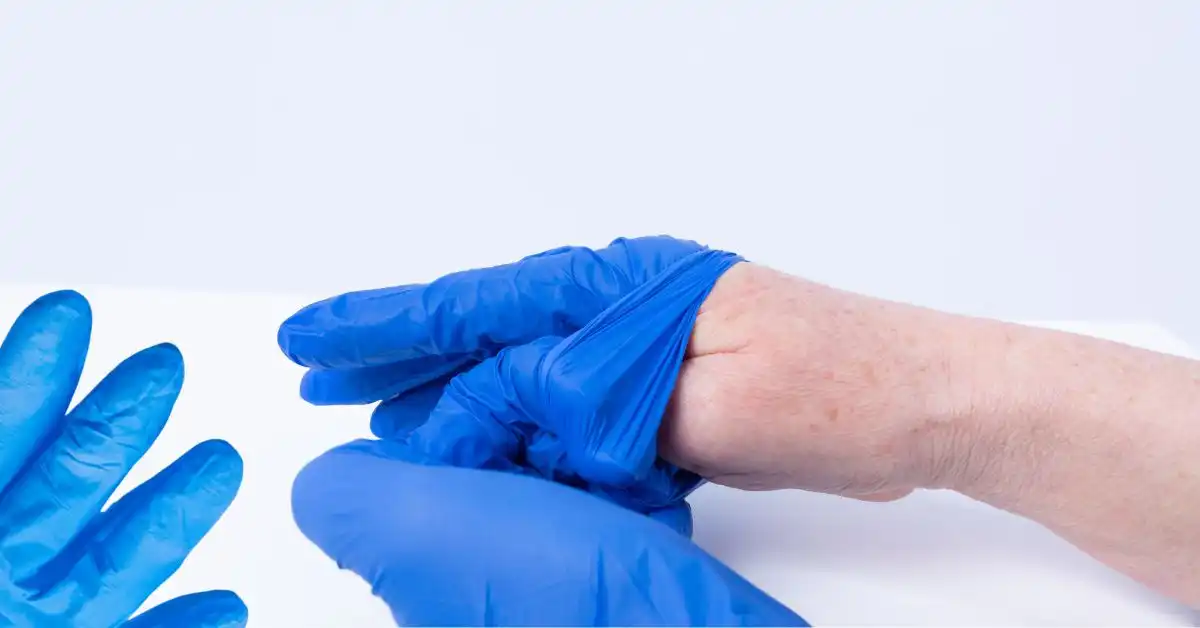
The Advantages of Using Nitrile Gloves for Those with Eczema When it comes to managing eczema, the choice of gloves can significantly impact skin health.

The Importance of Cut Resistant Gloves in Safety and Industry In today’s fast-paced industrial environments, the importance of hand protection cannot be overstated. Cut resistant
Driven by a passion for excellence, our mission is to consistently deliver the highest quality products at the most affordable prices. We aim to exceed customer expectations, creating value and trust.
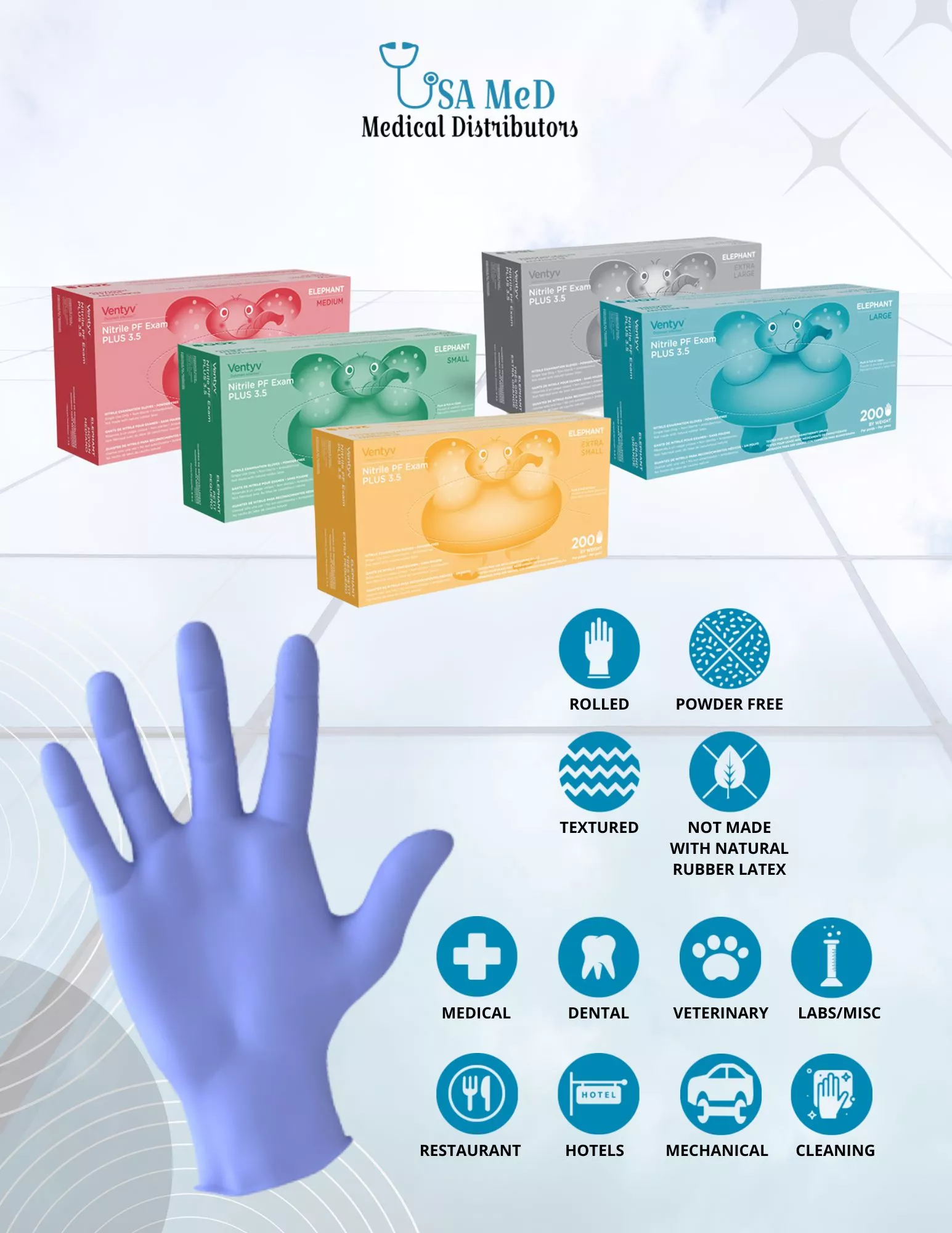
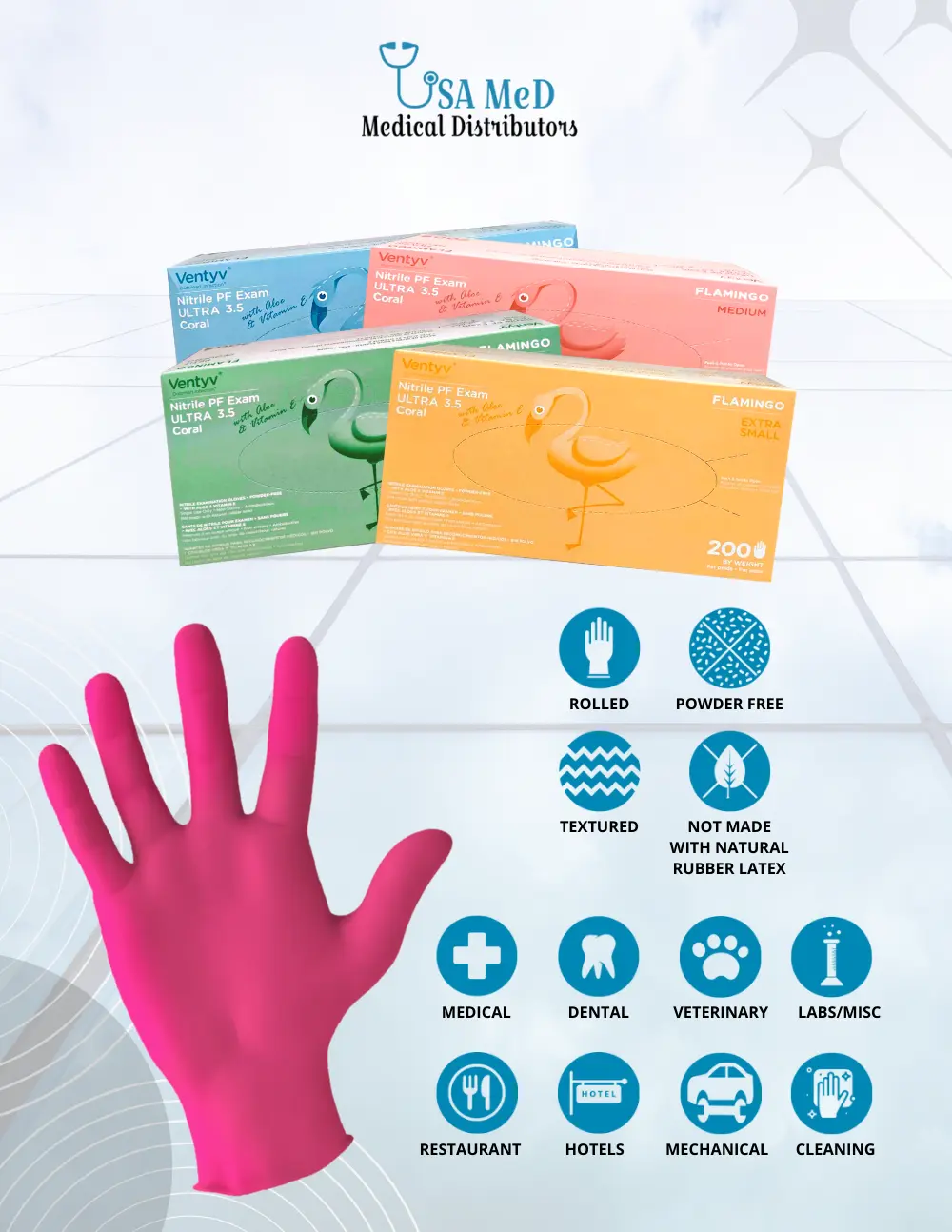
Phone Number: (239) 266 -1290
Email Addresses:
sales@usamedicaldistributors.com
customercare@usamedicaldistributors.com
Mailing Address :
501 Goodlette, Frank Rd N A105, Naples, FL 34102
Copyright 2022 – 2024. USAMED Medical Distributors. All rights reserved.
Privacy Policy | Return and Refund Policy
| Website by M. Escober